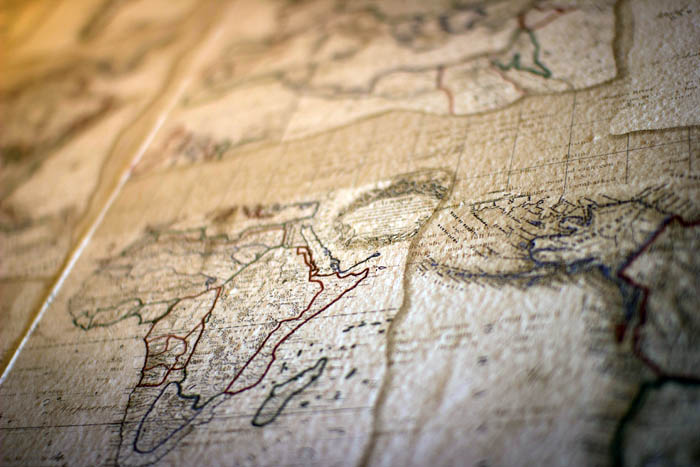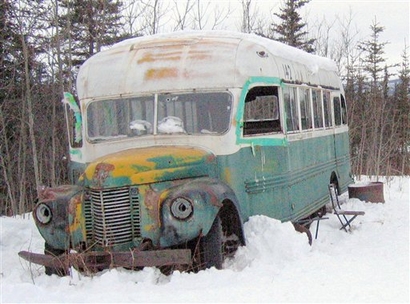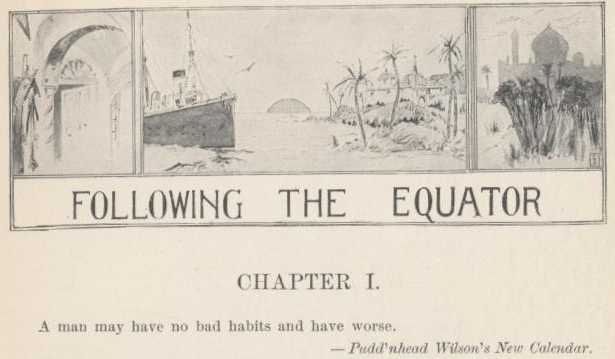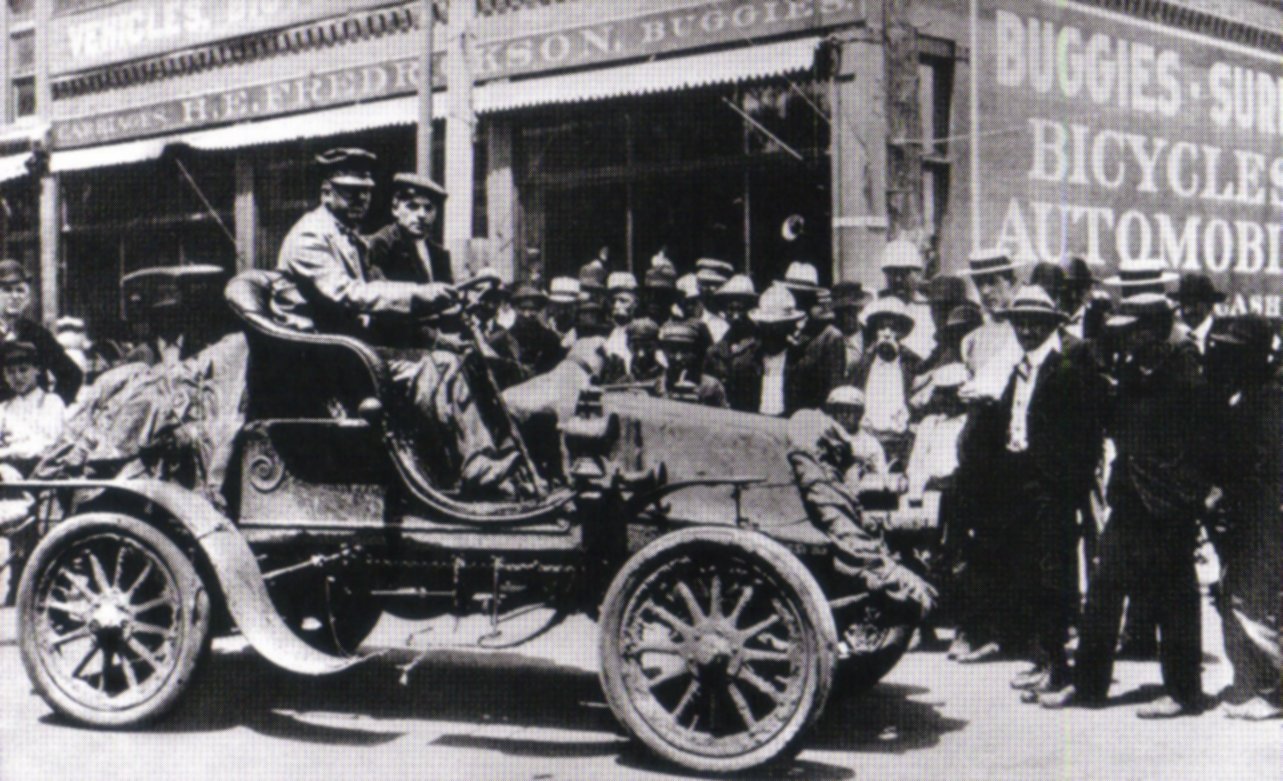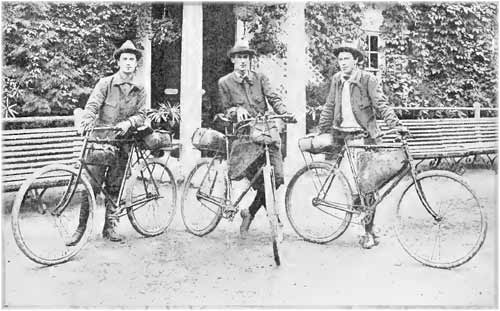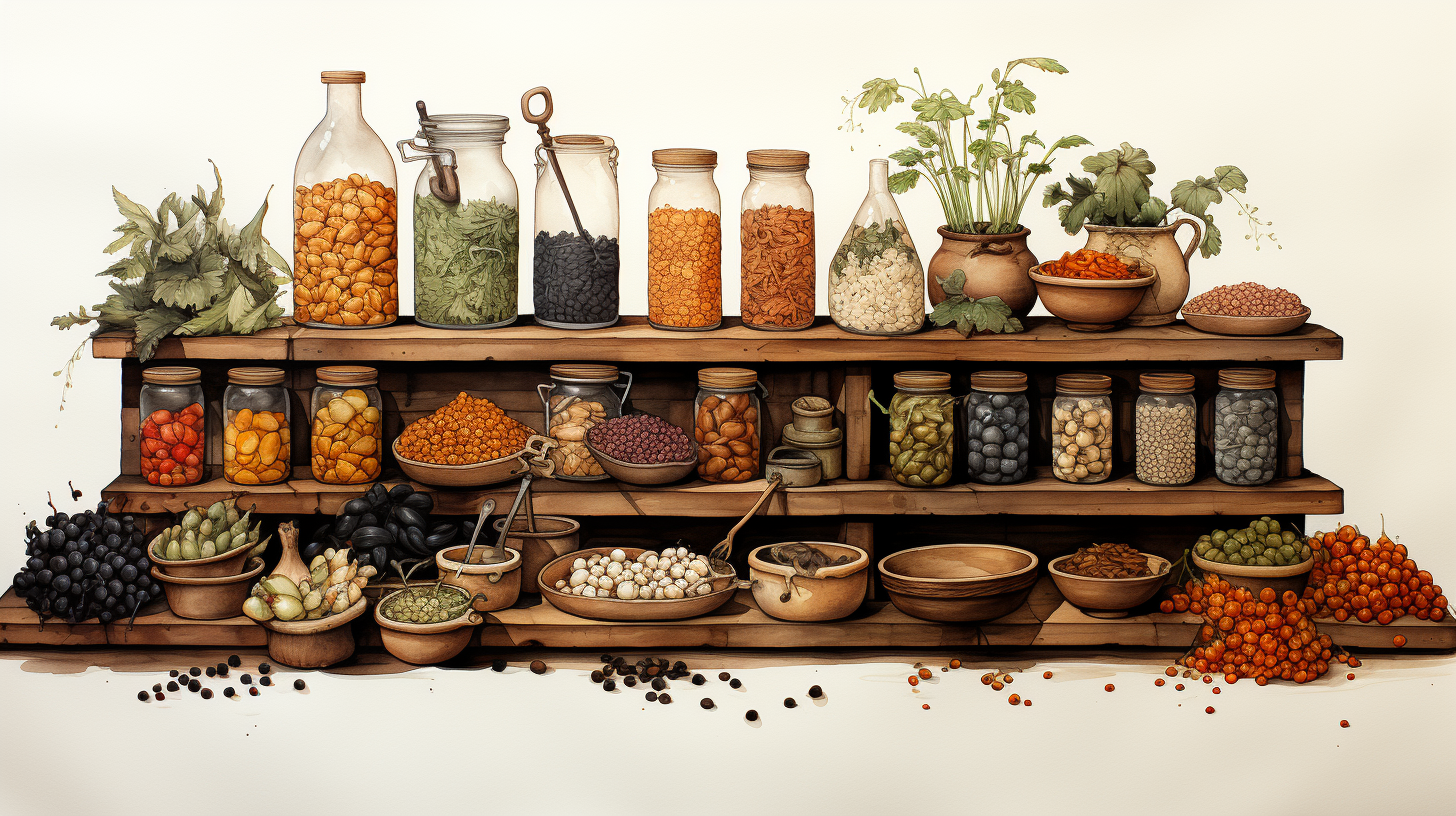I never shall want another Turkish lunch. The cooking apparatus was in the little lunch room, near the bazaar, and it was all open to the street. The cook was slovenly, and so was the table, and it had no cloth on it. The fellow took a mass of sausage-meat and coated it round a wire and laid it on a charcoal fire to cook. When it was done, he laid it aside and a dog walked sadly in and nipped it. He smelt it first, and probably recognized the remains of a friend. The cook took it away from him and laid it before us. Jack said, "I pass" - he plays euchre sometimes - and we all passed in turn. Then the cook baked a broad, flat, wheaten cake, greased it well with the sausage, and started towards us with it. It dropped in the dirt, and he picked it up and polished it on his breeches, and laid it before us. Jack said, "I pass". We all passed. He put some eggs in a frying pan, and stood pensively prying slabs of meat from between his teeth with a fork. Then he used the fork to turn the eggs with - and brought them along. Jack said " Pass again". All followed suit. We did not know what to do, and so we ordered a new ration of sausage. The cook got out his wire, apportioned a proper amount of sausage-meat, spat it on his hands and fell to work ! This time, with one accord, we all passed out. We paid and left. That is all I learned about Turkish lunches. A Turkish lunch is good, no doubt, but it has its little drawbacks.
Twain, Mark. Innocents abroad. Hartford: American Pub. Co., 1881.

